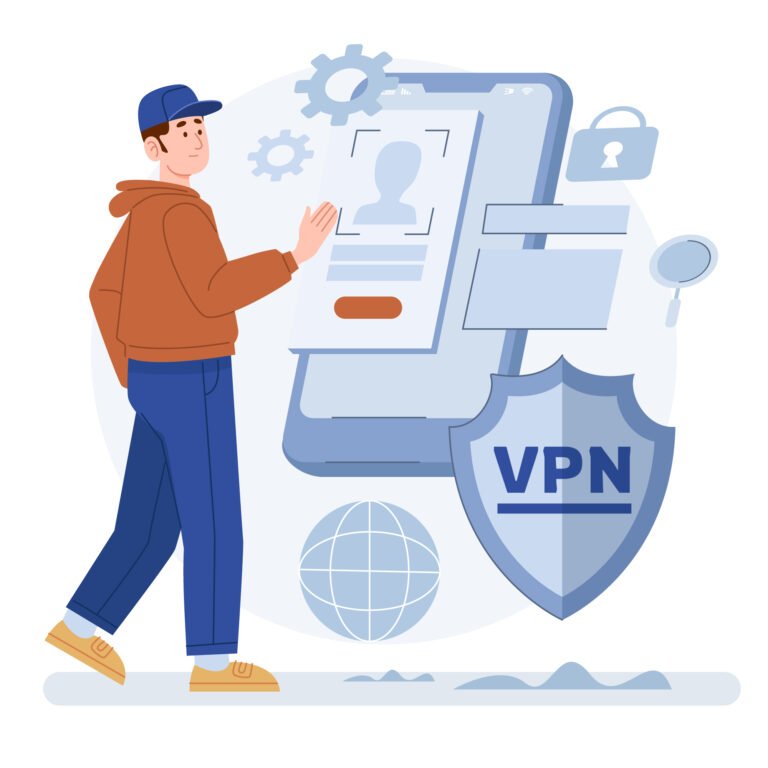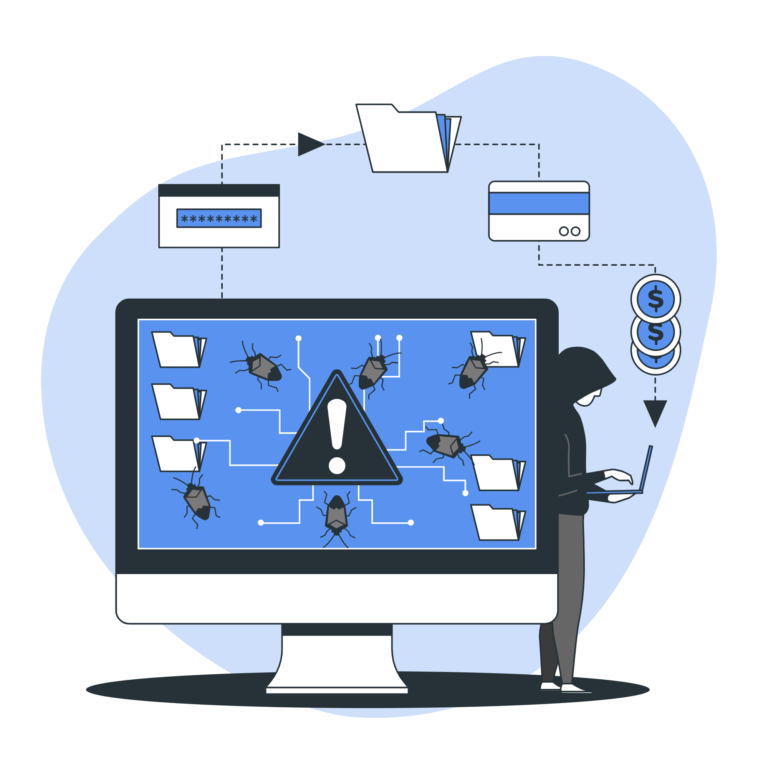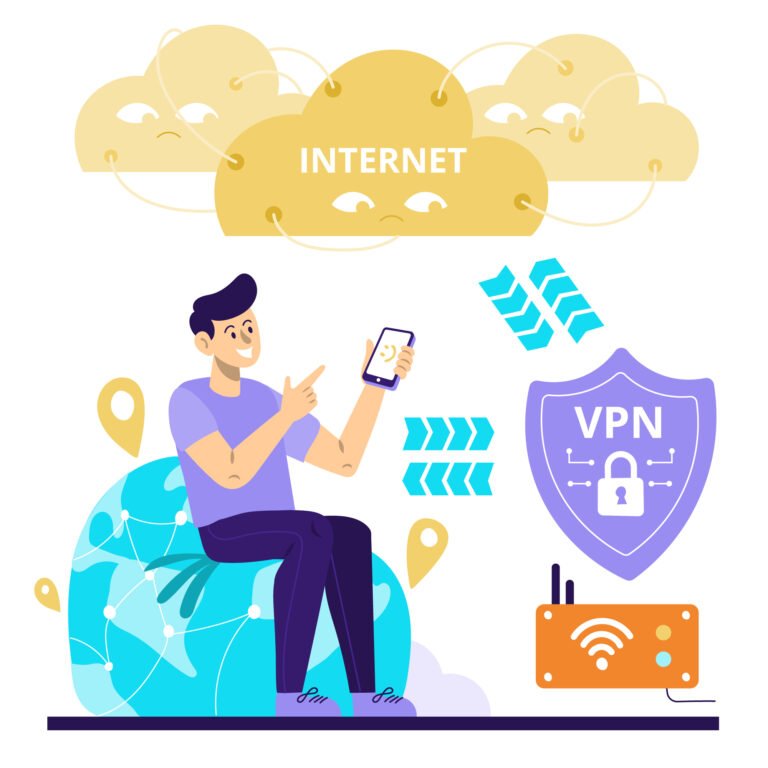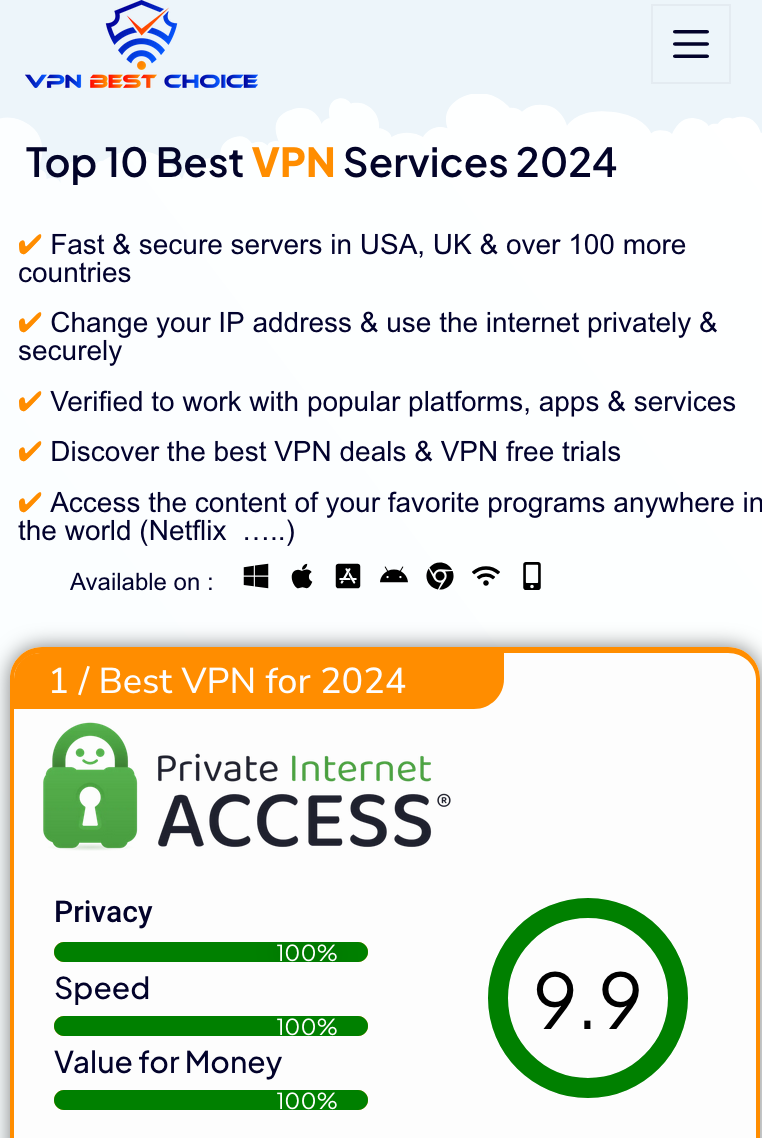Contents
In today’s digital age, the term “VPN” is thrown around a lot, but what exactly does it mean, and should you be using one? Let’s break it down step by step.
What VPN Means ?
VPN stands for Virtual Private Network. Essentially, it’s a secure connection between your device and the internet. Instead of your data traveling directly from your device to the website you’re accessing, it’s routed through a server operated by your VPN provider. This creates a private tunnel that encrypts your data, protecting it from prying eyes.

How VPN Works ?
When you connect to a VPN, your device creates a secure connection to the VPN server. From there, your data is encrypted before it travels to its destination. This encryption ensures that even if someone intercepts your data, they won’t be able to decipher it without the encryption key.

Is VPN Legal ?
Yes, in most countries, using a VPN is completely legal. However, there are some exceptions, so it’s essential to check the laws in your specific location. VPNs are commonly used to protect privacy, access geo-blocked content, and enhance security, so they’re generally accepted and even encouraged in many cases.
Is the VPN Safe ?
Using a reputable VPN service can significantly enhance your online safety and privacy. However, not all VPNs are created equal. It’s crucial to choose a reliable provider that values privacy and security, as some free VPNs may compromise your data for profit. Look for features like strong encryption, a no-logs policy, and a clear privacy policy when selecting a VPN provider.
Why Use a VPN ?
There are several reasons why you might want to use a VPN:
- Privacy: Protect your online activities from surveillance and tracking.
- Security: Encrypt your data to prevent hackers from intercepting it.
- Access: Bypass geo-blocks to access restricted content or websites.
- Anonymity: Mask your IP address to browse the web anonymously.
- Public Wi-Fi Security: Stay safe when using public Wi-Fi networks by encrypting your connection.
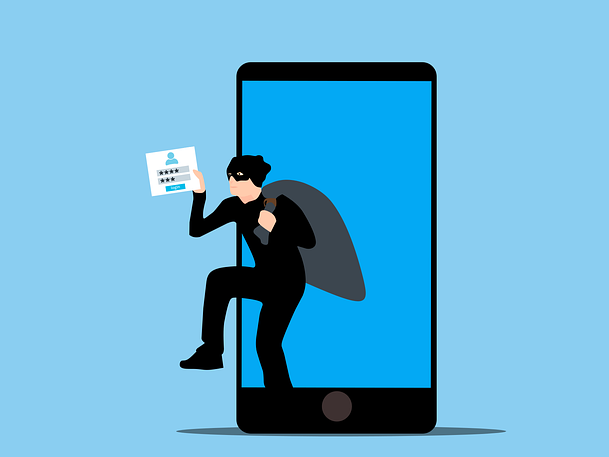
Can I Set Up a VPN on My Smartphone?
Yes, setting up a VPN on your smartphone is relatively straightforward. Most VPN providers offer dedicated apps for iOS and Android devices, making it easy to connect with just a few taps. Simply download the app from your chosen VPN provider, follow the setup instructions, and you’ll be protected in no time.
In summary, VPNs play a vital role in protecting your online activities. Since you’re already on our website, utilize our tools to compare different VPN services. With our comprehensive reviews and insights, you’ll be equipped to select the ideal VPN for your needs. Take the next step toward enhancing your online security by exploring our site further. Your internet safety starts here!

